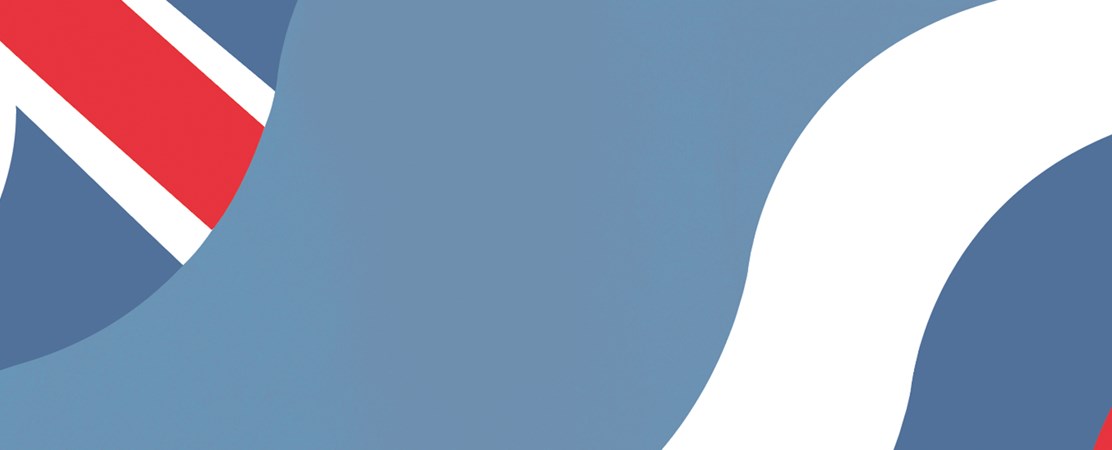UArctic Facilitating UK–Russia Collaboration in Arctic Research

By Marina Kalinina, Vice-President Interregional Cooperation, UArctic, Rector’s Advisor on International Cooperation, Northern (Arctic) Federal University
In 2017−2018, within the UK–Russia Year of Science and Education, the UArctic Research Office at the Northern (Arctic) Federal University implemented the project “Development of the UK–Russia Arctic Research and Collaboration Network”.
Funded by the United Kingdom’s Foreign and Commonwealth Office, the project aimed to provide opportunities for advanced discussions on Arctic research agenda and further collaboration prospects between Russian and British scientists, including activities within UArctic.
Within the framework of this project, research seminars were run both in the UK and Russia, hosted by the University of Aberdeen, the Scott Polar Research Institute and the Northern (Arctic) Federal University. The seminars became a meeting place for one hundred Arctic scientists from 45 Russian and British institutions to share knowledge on coastal and marine biology, Arctic ecosystems, environmental and social impact assessment, climate change, mitigation and adaptation strategies, rural health and wellbeing in the North, new health care technologies, coastal archaeology, and indigenous peoples’ livelihoods and cultures.
The project was unique in terms of its geographical scope. Research results have been presented by scientists from many UK institutions and from different regions and field sites of Russia, including Far Eastern Russia, Eastern and Western Siberia, Ural, and North-West Russia. The meetings also included discussions on circumpolar mobility, teacher education, Arctic science data analytics, the role of science diplomacy in the Arctic, and reflections on scientific challenges from the perspective of national Arctic strategies of the Russian Federation and the UK.
We also realized how important it was to promote knowledge of Arctic science and international cooperation in the region among the youth, and this was the aim of the workshop “Researcher Connect” held in cooperation with the British Council. The intensive three-day training program was an excellent opportunity for young scholars from Russian UArctic member institutions to improve their skills on science communication and academic writing.
In the concluding stage of the project, the UArctic Research Office is preparing a conference proceedings volume for publication. The book will include the project materials and conference papers, and will be disseminated at various international events such as the upcoming UArctic Congress 2018.
The UK–Russia project aimed at and successfully created networks between both researchers and institutions. Concrete outcomes include, for instance, a formal Memorandum of Understanding between NArFU and the University of Aberdeen; a Researcher Links workshop grant for “Archaeology and Cultural Geography of Arctic and Subarctic Coastal Regions” (NArFU, Durham University); and collaboration on oil spills, seminars and a joint publication (NArFU, University of Aberdeen).
